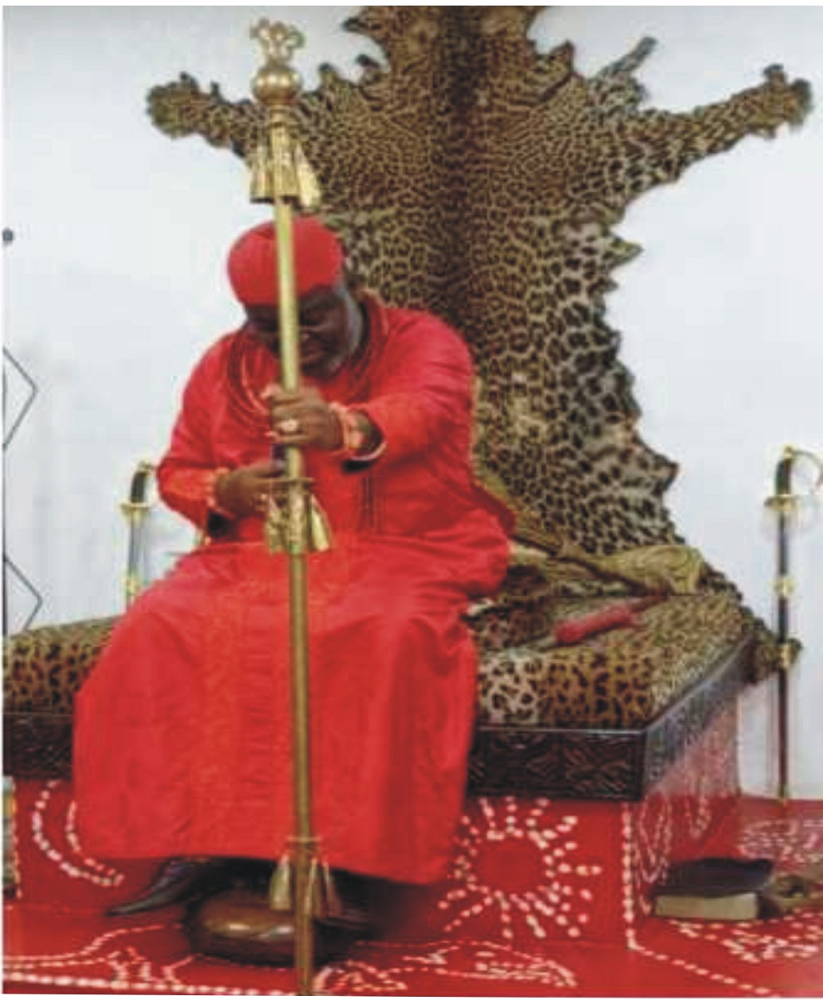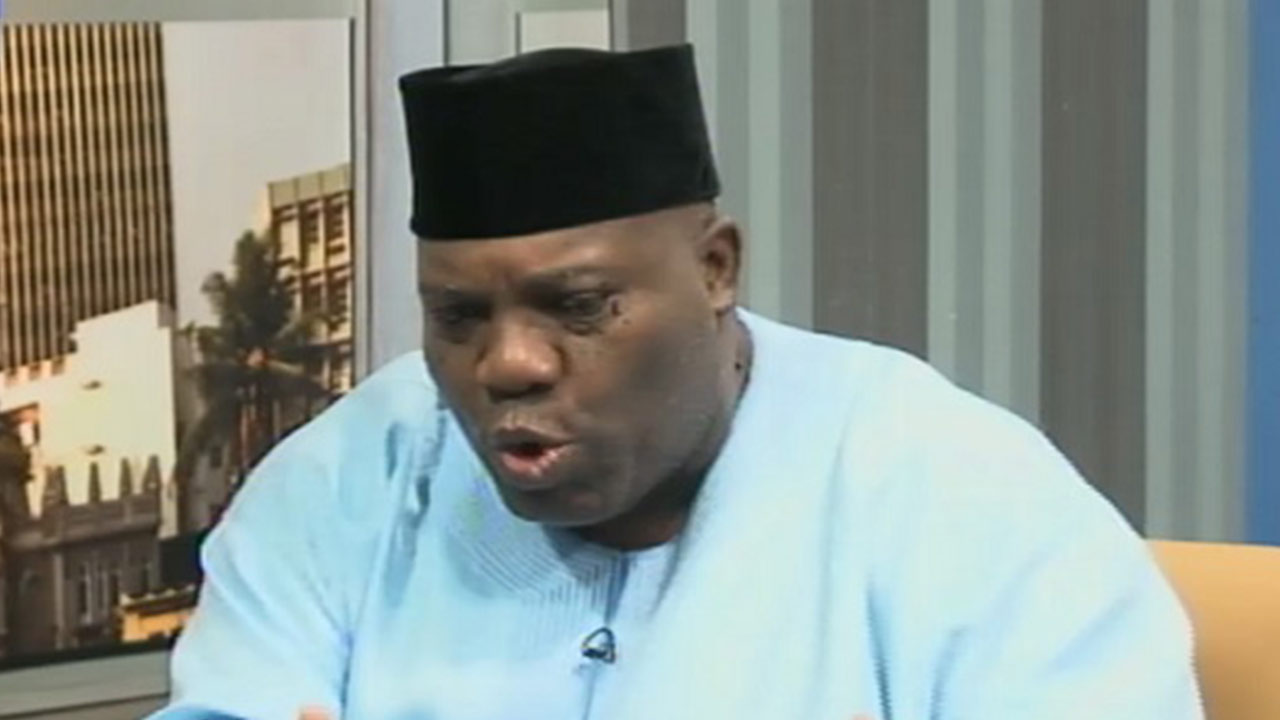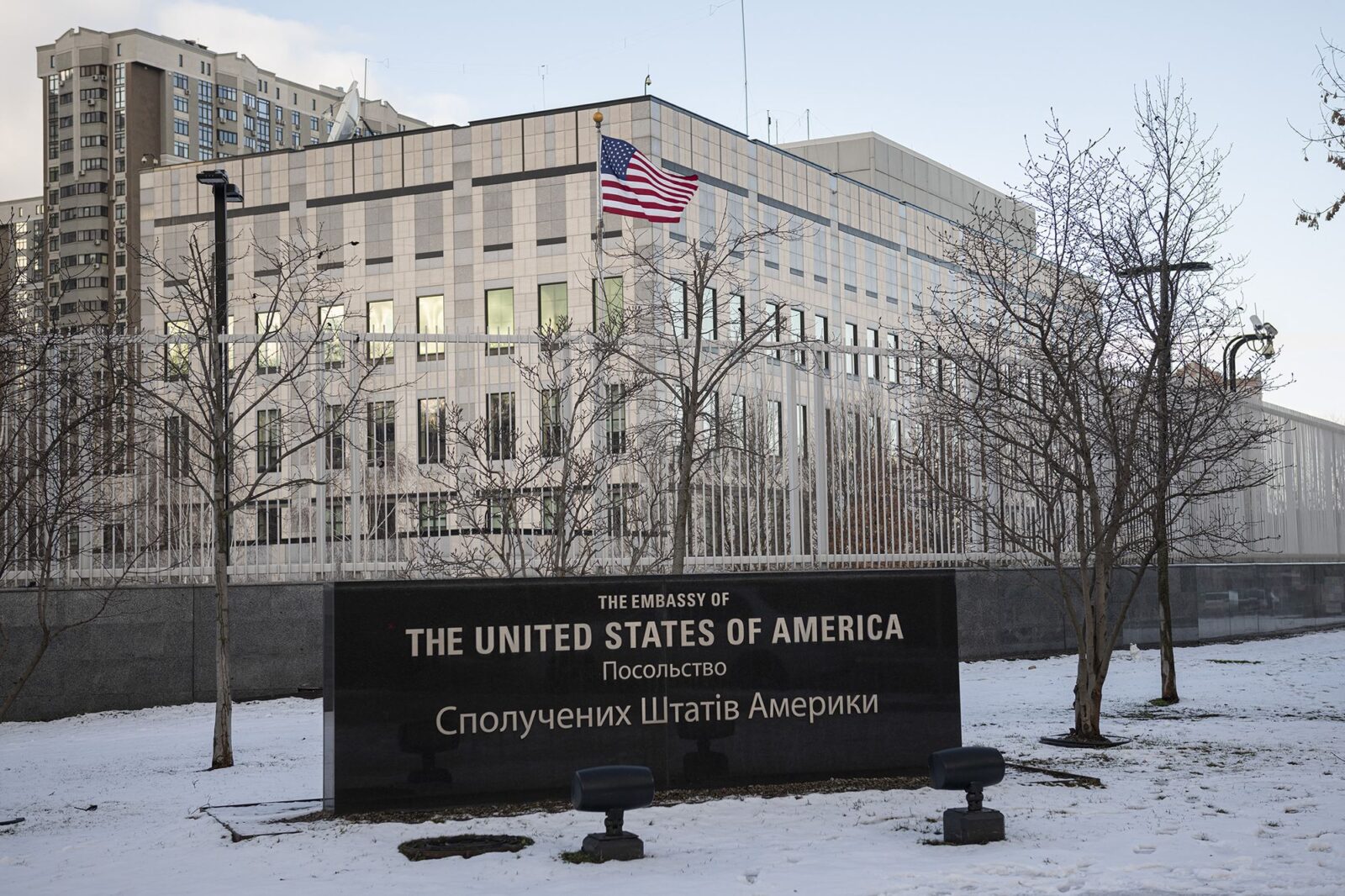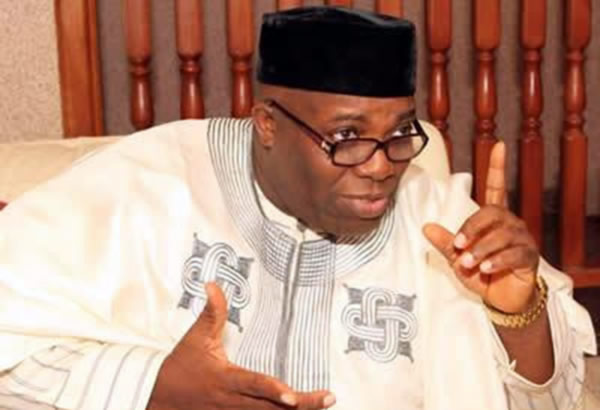November 20, (THEWILL) – The immediate-past governor of Kogi State, Yahaya Bello, is scheduled to meet with the Economic and Financial Crimes Commission (EFCC) in Abuja, in the coming days over allegations of fraud, THEWILL learnt on Wednesday.
According to our source, an EFCC insider, Bello, who is a fugitive, will submit himself to the agency and bring closure to the drama surrounding his invitation.
“We are expecting him to submit himself any time from now. His people reached out to us saying he is now ready to honour our invitation”, the source said, asking not to be identified.
Former governor, Yahaya Bello, is facing a 16-count charge of money laundering offences amounting to N110,446,470,89.00. He had gone underground since a failed attempt by the EFCC to arrest him at his residence in Abuja in April.
Justice Maryanne Anenih of the Federal Capital Territory, FCT, High Court, Maitama, had directed that a hearing notice be served on Yahaya Bello, following his repeated failure to appear in court for arraignment.
Ruing on Thursday, November 14, Justice Anenih ordered that the hearing notice be pasted at Bello’s residence at No. 9 Benghazi Street, Wuse Zone 4, Abuja, and displayed on the court’s notice board. While the summons expired on November 17, the EFCC had requested an adjournment to allow Bello more time to respond to the public summons, which provides a 30-day period for his appearance.
Earlier, the Supreme Court dismissed a case initiated by the Kogi State Government to declare the EFCC illegal and unconstitutional.
On Friday, the apex Court ruled that the Act establishing the EFCC did not require any form of ratification by the Houses of Assembly of the 36 states of the federation since it was not a treaty but a convention.
The suit, originally filed by Kogi State government under suit number SC/CV/178/2023 and later joined by Ondo, Edo, Oyo, Ogun, Nasarawa, Kebbi, Katsina, Sokoto, Jigawa, Enugu, Benue, Anambra, Plateau, Cross River, Niger, Adamawa, Ebonyi and Taraba, had contested the constitutionality of the legislation that created the EFCC.
The plaintiffs had argued that when the EFCC Act was enacted in 2004, the provisions outlined in Section 12 of the amended 1999 Constitution which requires a majority of the State Houses of Assembly to consent to the Act as well as other legislations, were not adhered to. Contending that the Act as established, cannot be enforced in States that did not give their consent, in line with the provisions of the constitution, they prayed the court to declare the Act establishing the EFCC illegal and unconstitutional.

 20 hours ago
1
20 hours ago
1
















